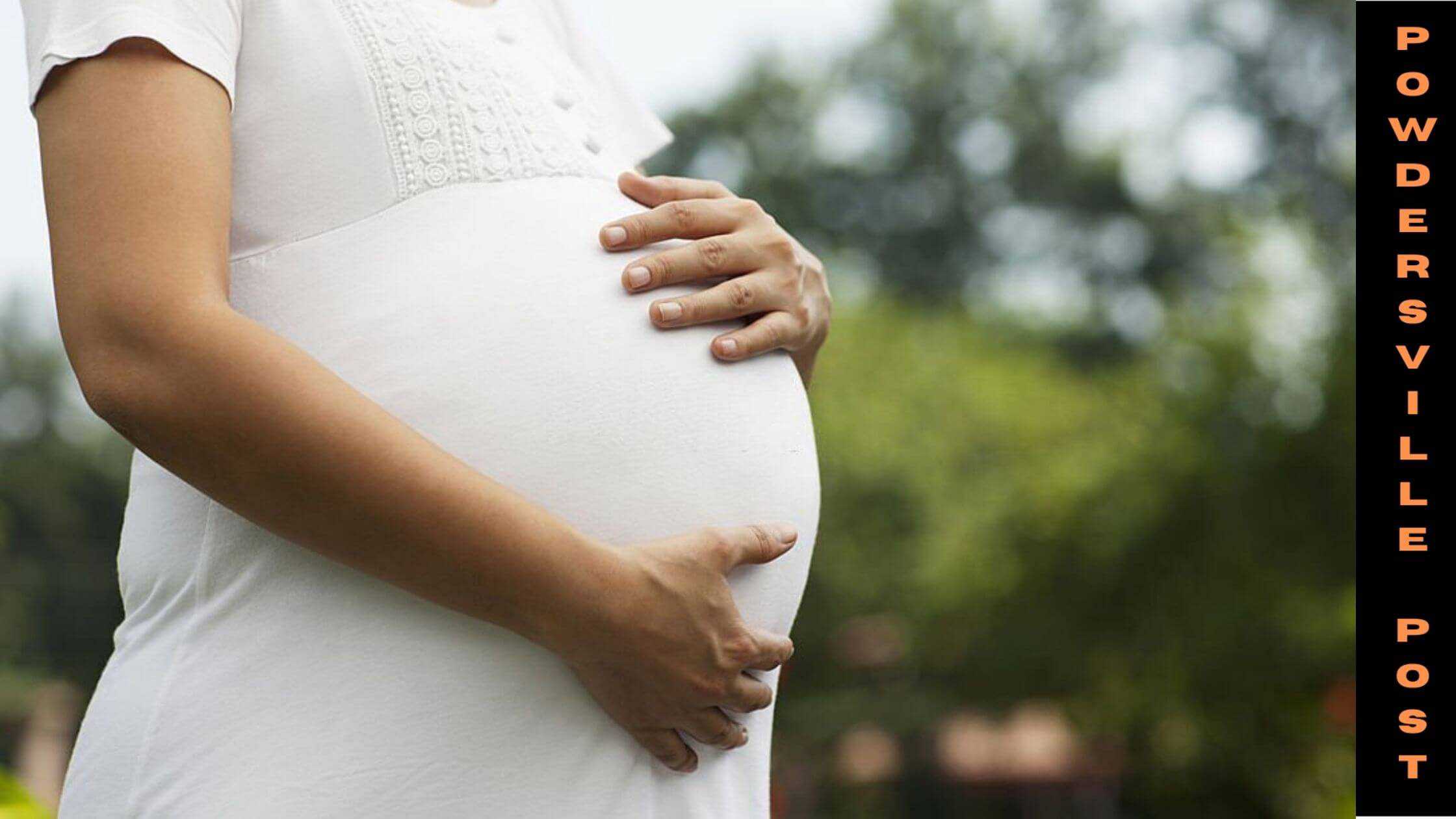Increase In Maternal Mortality Rates During Pandemic
Nikki Attkisson | Last Updated : February 26, 2022The ongoing global coronavirus pandemic has disrupted the lives of many people, socially, physically, as well as financially. With many people becoming jobless, poor people are becoming poorer and undernourished. The mental issues and distancing from near and dear ones grew fear of disease, loneliness, and death.
Increase In Maternal Mortality Rates During Pandemic
The pandemic has also hit the economies of most countries very hard with declining global stock markets, an increase in prices of essential commodities, and a shortage of many food and essential items. Closure of businesses and offices aggravated the situation.

The recent reports from the Centers for Disease Control and Prevention show that maternal mortality rates, stillbirths, and neonatal mortalities have also increased ever since the onset of the pandemic. Maternal mortality is defined as the death of a woman from pregnancy or its complications either during pregnancy or within 42 days of pregnancy. Neonatal mortality is defined as the death of a baby within the first 28 days of its life. Pregnancy complications are one of the major causes of neonatal mortality.
The report shows maternal death rose from 17.4 deaths for every 100000 live births in 2018 to 23.8 deaths per 100000 live births in 2020. The increase in maternal mortality rates was noted across women of all ages and all racial groups, with black women being noted to have the highest maternal mortality rate amongst other racial groups.
Despite various reasons for the increased mortality rate, increasing age was also a possible contributing factor. Women above 35 and more have a maternal mortality rate more than women under 25. Dr. Donna Hoyert, a health scientist in the NCHS’s Division of Vital Statistics, says older women are more likely to die during pregnancy due to increased risk of preeclampsia complications.
The ongoing Covid-19 infection also contributed to the rise in maternal mortality rates, as unvaccinated pregnant women had higher incidences of complications from coronavirus when compared to pregnant women who have had at least one dose of vaccine.
The severe restrictions due to the lockdowns, the flooding of hospitals with patients with rising infection cases and deaths, disruption of healthcare services had compelled many pregnant ladies to cancel their prenatal appointments. Different hospitals had different guidelines to deal with Covid-19 positive pregnant women. As such, many ladies had to give birth in their homes, where they lacked the essential resources and even trained healthcare professionals.
Racial disparities also continued to account for more maternal deaths during pregnancy, with black women more likely to die during or shortly after pregnancy than white women.
During the pandemic, the women were greatly disturbed due to loss of job, reduced income, and the fear of getting infected with the virus during the pregnancy days.
Pregnant ladies are more vulnerable to getting infected and have severe outcomes from the infection than the general population. Though many pregnant women have fewer or no coronavirus symptoms once infected, in rare cases, the infection may lead to hospitalizations, pregnancy complications, premature births, or stillbirths.
The impacts of coronavirus infection on pregnant ladies are enormous, both physically and socially, and economically. More attention should be given to maternal health both by the family and the healthcare officials, especially during the pandemic.
With Food and Drug Administration authorizing vaccinations for pregnant women, it is recommended that all pregnant women who have no other pre-existing conditions take up vaccinations after consulting their family members and doctors. Proper nutrition, appropriate exercises as advised by doctors, proper stress management techniques are also needed to reduce maternal and neonatal deaths. Regular visits with doctors and the maternity team are recommended.
With over 15 years as a practicing journalist, Nikki Attkisson found herself at Powdersville Post now after working at several other publications. She is an award-winning journalist with an entrepreneurial spirit and worked as a journalist covering technology, innovation, environmental issues, politics, health etc. Nikki Attkisson has also worked on product development, content strategy, and editorial management for numerous media companies. She began her career at local news stations and worked as a reporter in national newspapers.